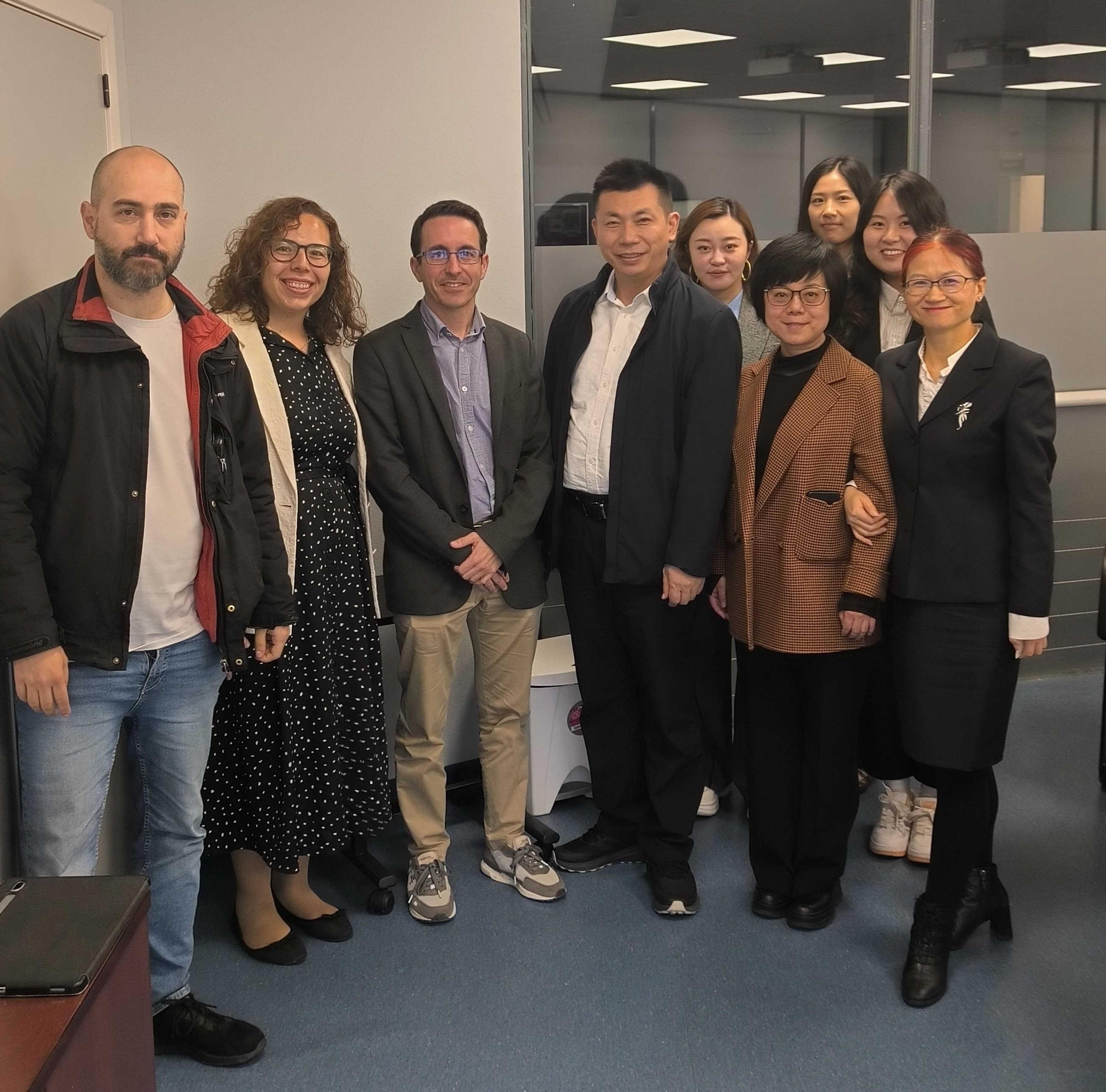Actualidad

Actividad institucional
Visita del Institute of Scientific and Technical Information of China (ISTIC) y de la Zhejiang University de China

Visita del Institute of Scientific and Technical Information of China (ISTIC) y de la Zhejiang University de China